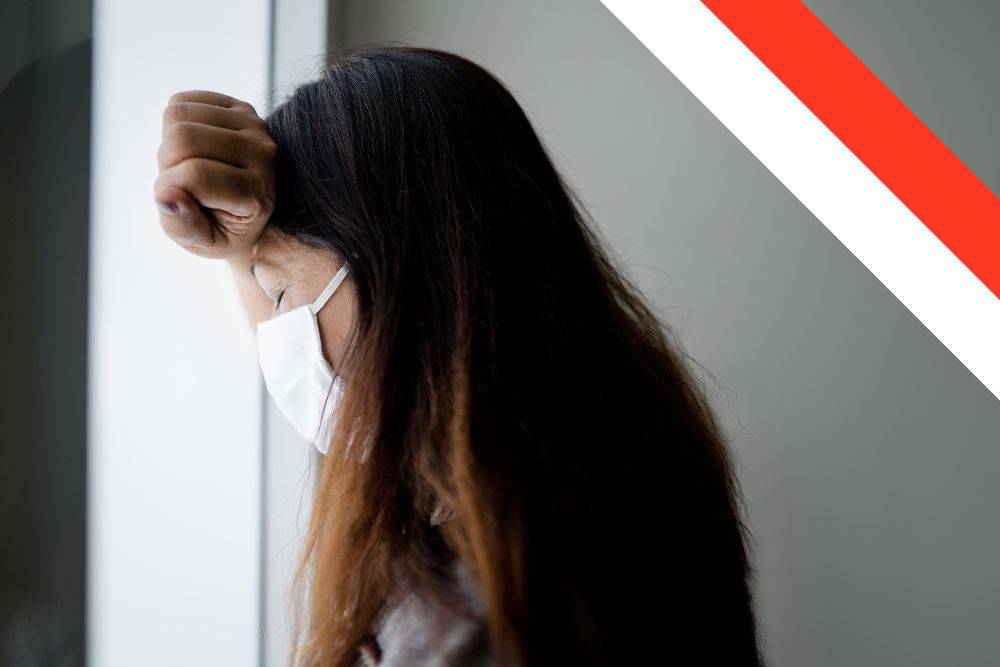The tragic case of the death of a resident doctor due to alleged bullying at Diponegoro University is a serious challenge facing the medical world in Indonesia.
Although the medical profession is considered noble, the reality on the ground shows that the practice of bullying is still a haunting problem. This is especially prevalent among medical students and young doctors.
Incident Chronology and Ministry of Health Response
A resident doctor, AR, was found dead in the dormitory where he lived. The likely cause of death was severe psychological pressure during his specialisation programme in anaesthesiology at Diponegoro University.
The death has caused deep sorrow among the family and the medical community. Health Minister Budi Gunadi Sadikin also spoke up. He acknowledged that bullying in medical residency programmes is a recurring problem that has yet to be resolved.
He highlighted the psychological pressure experienced by many young doctors due to unfair treatment from their seniors. Based on a survey conducted by the Ministry of Health, of the 12,121 residents surveyed, 2,716 experienced depression. The depression they experienced varied from mild to severe. 3.3% of those polled admitted to having a desire to end their lives.
Bullying Practices in Medical Education
Various forms of bullying have been reported in medical education. Some common forms include excessive workload, verbal abuse, and financial exploitation by seniors. These pressures not only impact mental health. It also affects the quality of life and performance of resident doctors undergoing advanced education.
Bullying in medical education is a global problem, but in Indonesia, the issue is often not discussed openly. The strong hierarchical culture in the education system and the culture of shame make many victims reluctant to report the mistreatment they experience. This is compounded by the lack of protection and support for those who dare to speak out.
Mental Health Impact on Resident Doctors
The mental challenges faced by resident doctors cannot be taken lightly. Depression and anxiety can reduce cognitive ability, concentration, and making appropriate clinical decisions. These are all vital skills in the medical profession. Depression in resident doctors is also linked to an increased risk of medical errors that can jeopardise patient safety.
Burnout, or extreme emotional and physical exhaustion, is another condition that often occurs in resident doctors. Burnout can result in reduced empathy, increased risk of substance use, and worsened interpersonal relationships. These all have the potential to damage doctors’ long-term careers, as well as affect the quality of healthcare provided to patients.
Biological Effects of Prolonged Stress
The stress experienced by resident doctors due to bullying not only has an impact on mental health. It could also affect physical health. Chronic stress can trigger excessive production of the hormone cortisol. Long-term high cortisol can cause immune system disorders, and increase the risk of heart disease, hypertension, type 2 diabetes, as well as sleep and digestive disorders.
In addition, chronic stress can also cause impaired brain function, especially in areas responsible for memory and decision-making. This can lead to a decline in learning ability and memory, which is especially detrimental for a doctor who is in specialisation training.
Government Measures and Protection for Victims
The Minister of Health emphasised the need for collective efforts to eradicate bullying in the medical environment. He also called for a more scientific and humanist method of education without having to go through a process of intimidation.
As a first step, the Ministry of Health has temporarily closed the PPDS programme at the Department of Anaesthesiology, Faculty of Medicine Undip for an in-depth investigation. This closure aims to prevent any intervention or intimidation that could hinder the investigation process. The minister also promised full protection for those who report bullying incidents. Last year, a special reporting channel for bullying in vertical hospitals was opened, as part of efforts to protect victims and stop this practice.
Facing Reality and Solutions for the Future
This incident is an eye-opener that the practice of bullying in medical education is a real problem that must be addressed immediately. Given how important the role of doctors is in society, safeguarding their well-being should be a priority. Bullying not only destroys individuals but also undermines the integrity and quality of medical services as a whole.
With a joint commitment, it is hoped that future generations of doctors can undergo their education and profession without fear and in conditions that support their mental and physical health. A well-maintained mental health will improve their ability to provide quality medical services, thereby saving more lives and providing greater benefits to the wider community.
Have a pressing question for a doctor? Medical Channel Asia has launched a community forum page where you can get questions answered by a medical specialist. Visit the community forum here.

